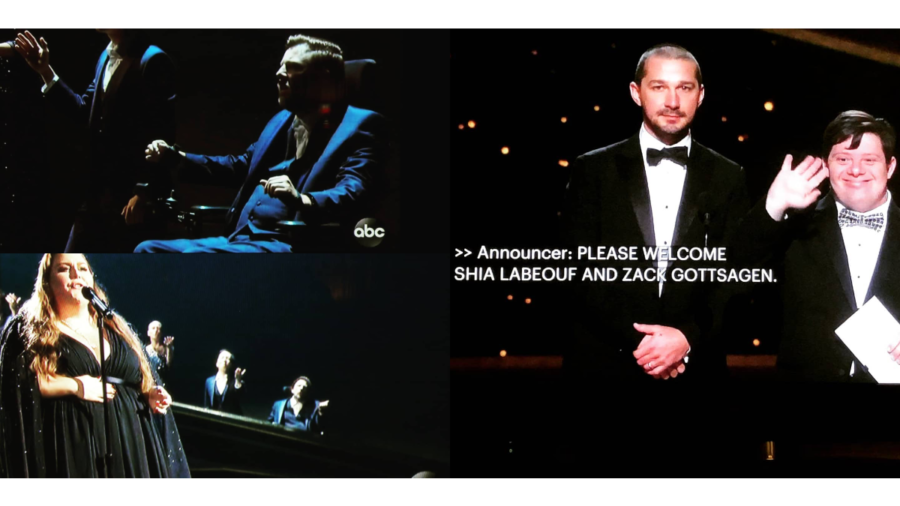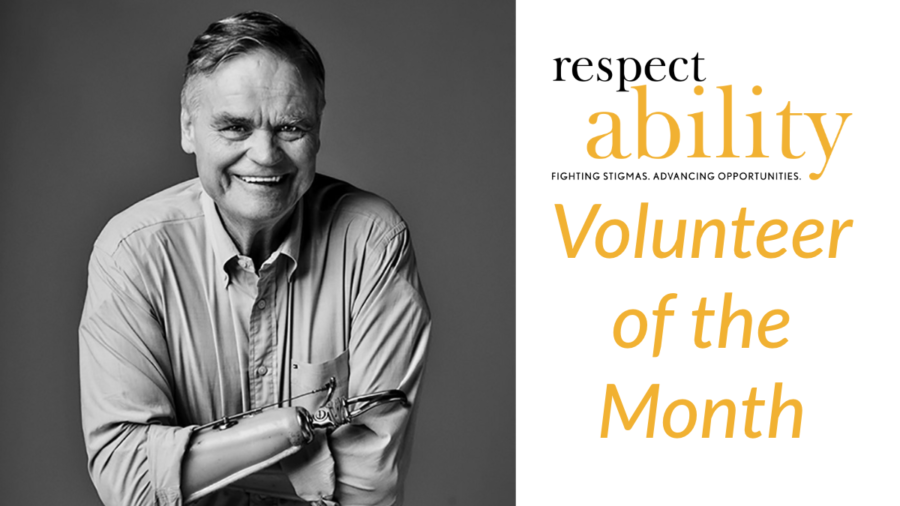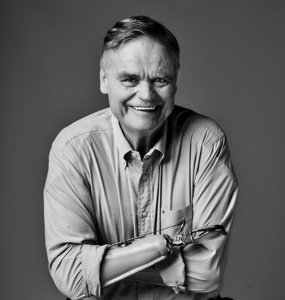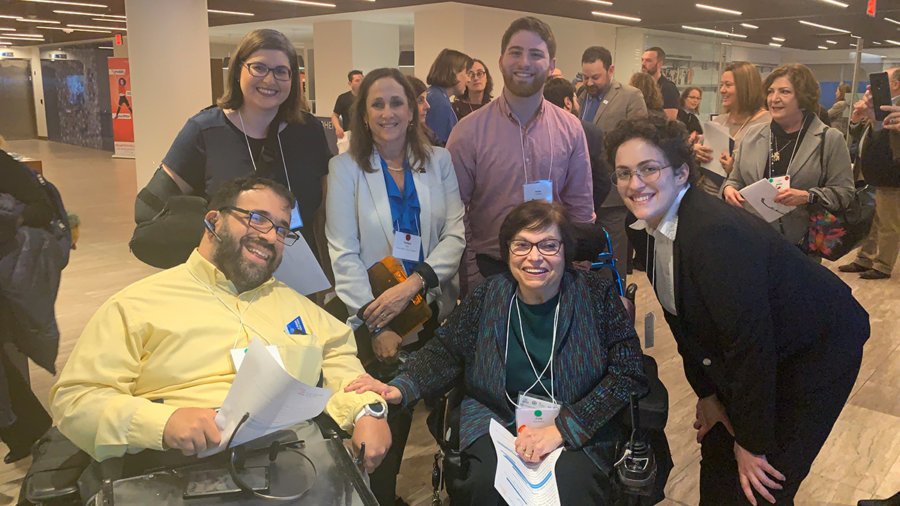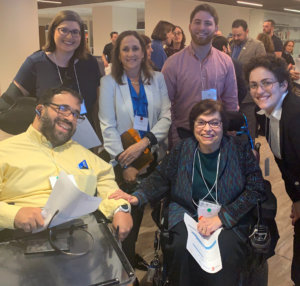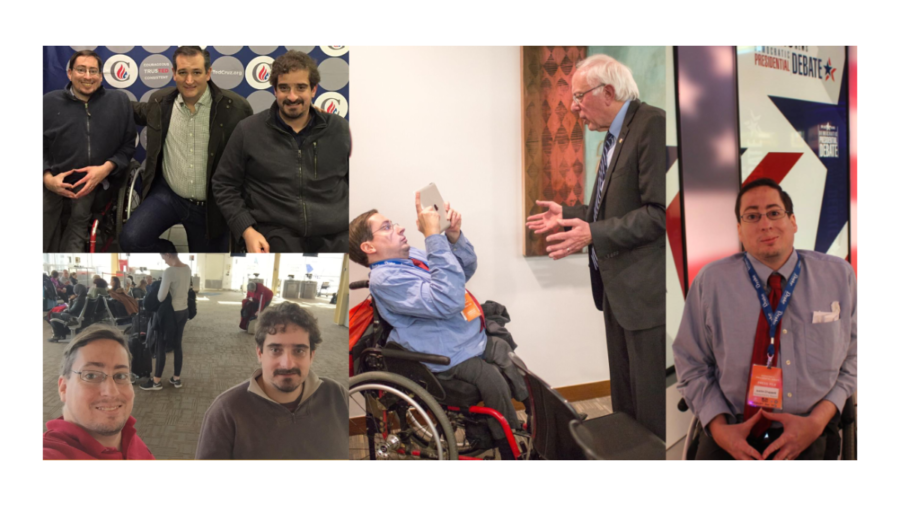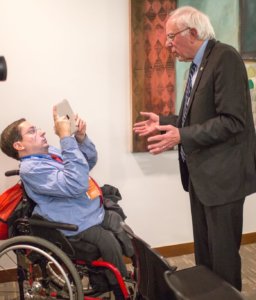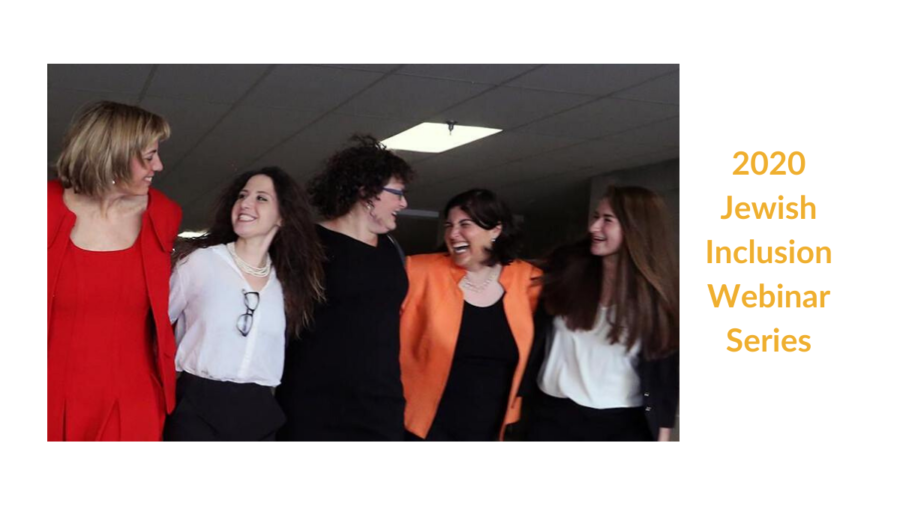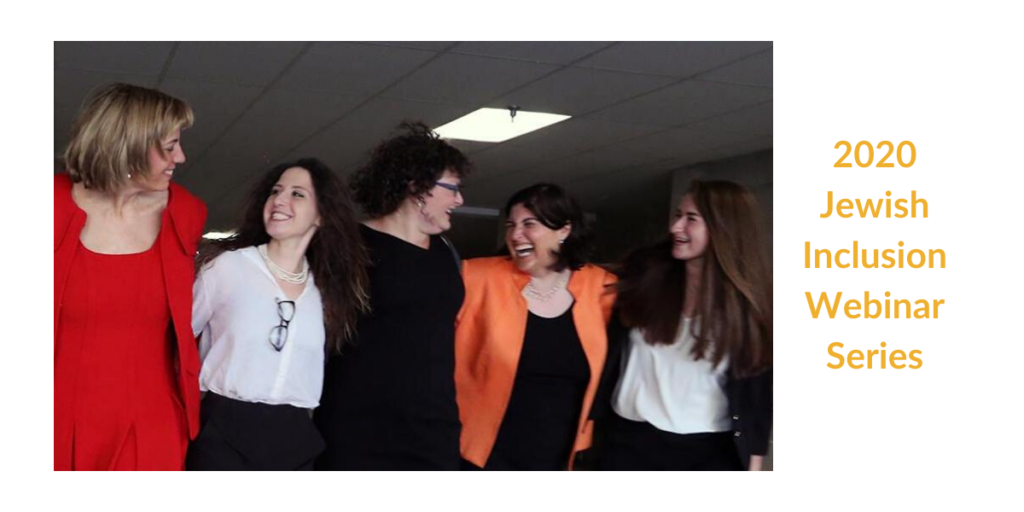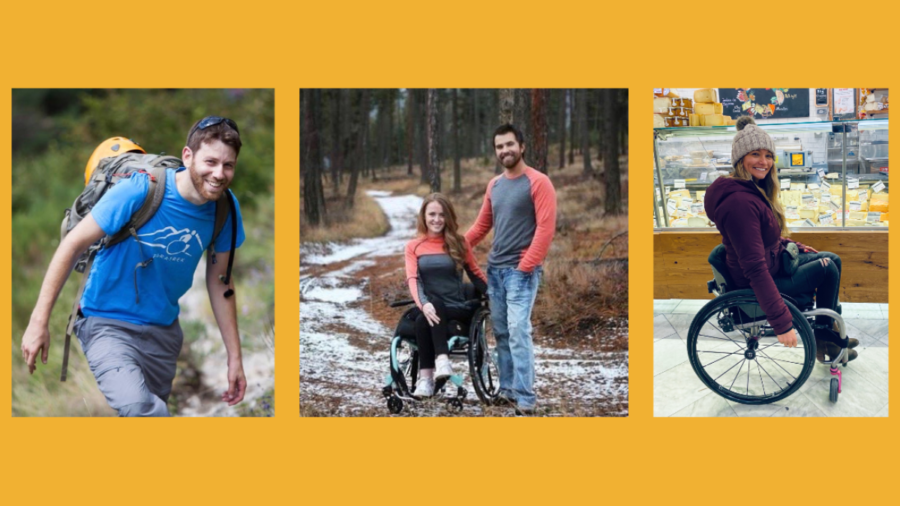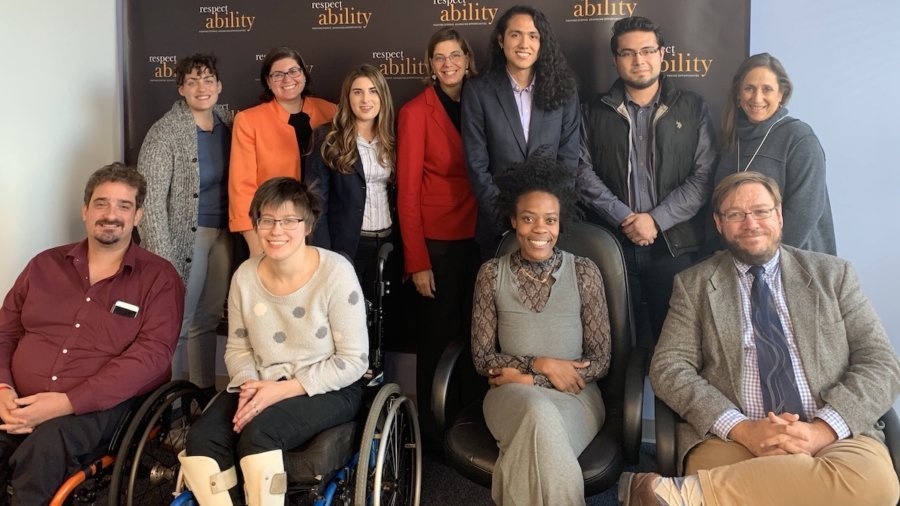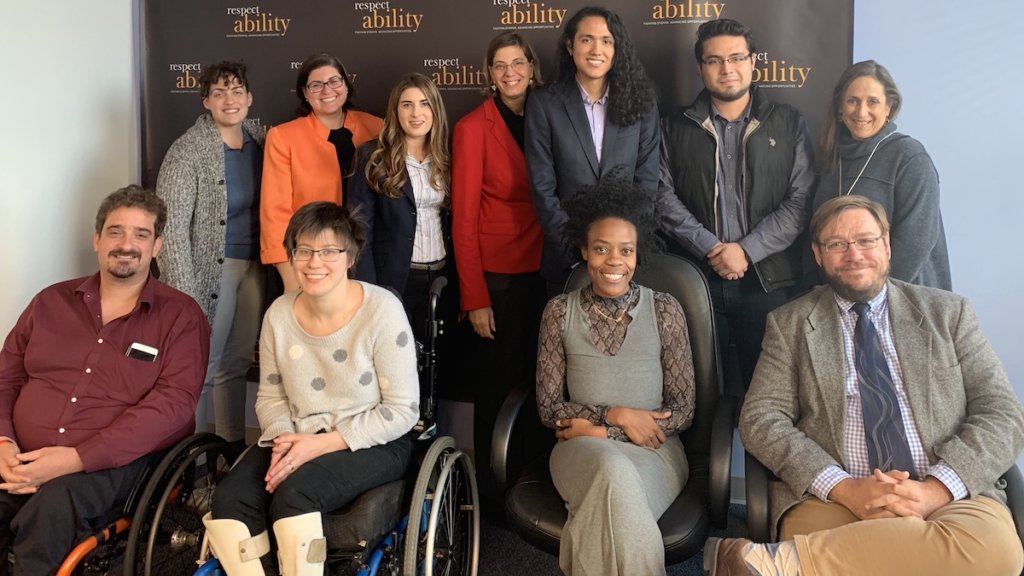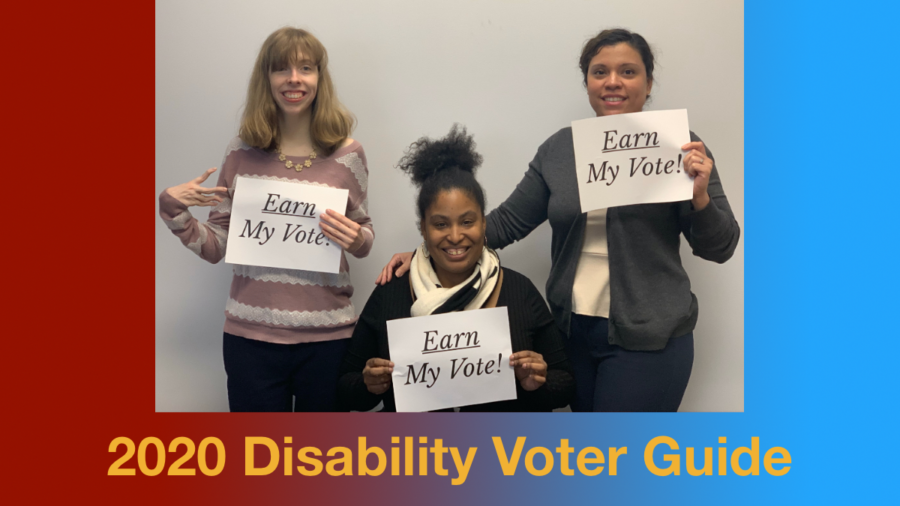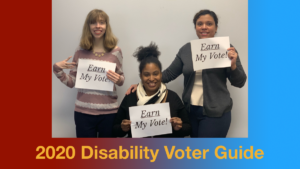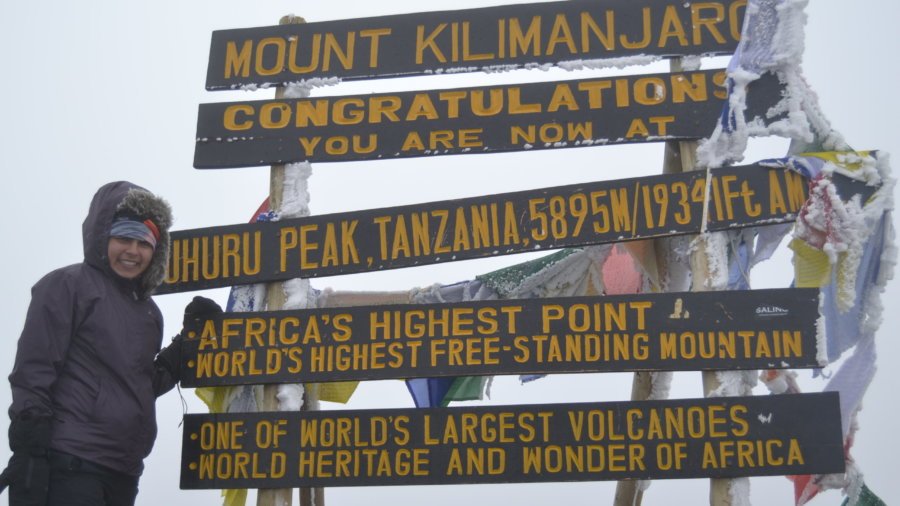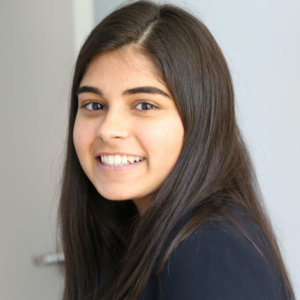Zack Gottsagen First Actor with Down syndrome to Present an Award While Tobias Forrest and Victoria Canal Broke Additional Barriers in Performance
 Los Angeles, Feb. 13 – When actor Zack Gottsagen presented an award alongside The Peanut Butter Falcon co-star Shia LeBeouf Sunday evening, he made history as the Academy Awards’ first presenter with Down syndrome. The Peanut Butter Falcon provides cultural relevance on issues important to the disability community such as independence while creating wide-reaching impact. The film has grossed more than $20 million and holds an approval rating of 95% on Rotten Tomatoes – showing that casting authentically can lead a studio to financial and critical success.
Los Angeles, Feb. 13 – When actor Zack Gottsagen presented an award alongside The Peanut Butter Falcon co-star Shia LeBeouf Sunday evening, he made history as the Academy Awards’ first presenter with Down syndrome. The Peanut Butter Falcon provides cultural relevance on issues important to the disability community such as independence while creating wide-reaching impact. The film has grossed more than $20 million and holds an approval rating of 95% on Rotten Tomatoes – showing that casting authentically can lead a studio to financial and critical success.
Neither Gottsagen nor the film were nominated for an Oscar, however, which Emily Kranking raised in an article about the lack of disability being included in conversations about diversity at the Oscars. In 1993, Educating Peter, a film that follows third-grade student Peter Gwazdauskas, who lives with Down syndrome, won the Oscar for best documentary short. [continue reading…]


